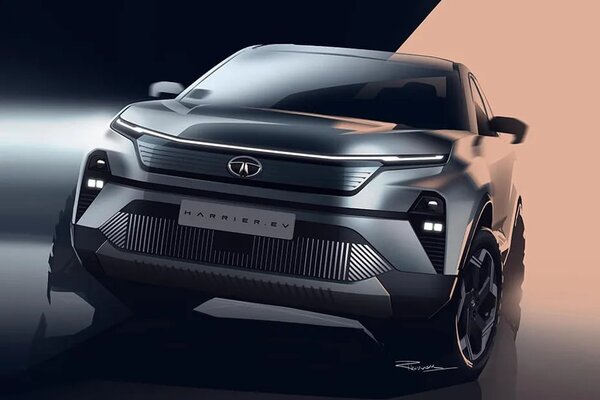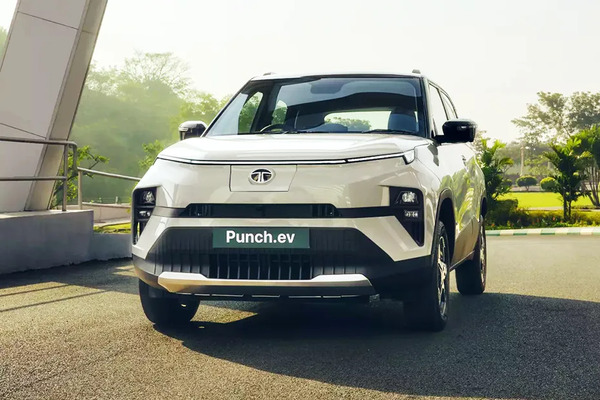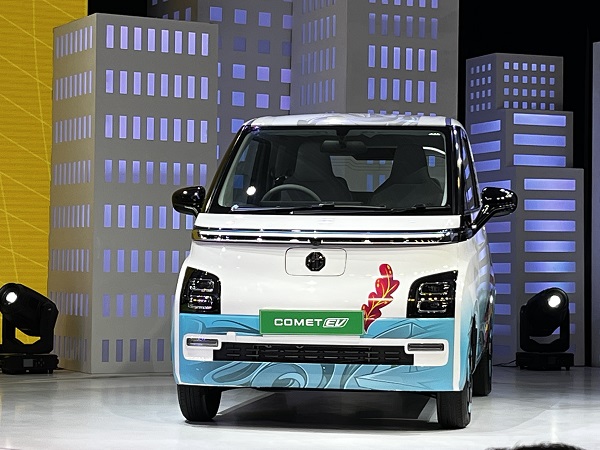World EV Day: Can infrastructure keep pace with fast-growing Indian market?
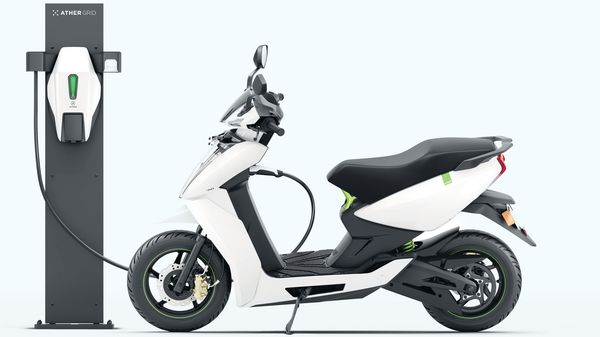

The electric vehicle segment in India has been growing by leaps and bounds in recent times. Factors such as new product launches, subsidies at central and state levels as well as the record high prices of petrol and diesel are cited as the catalysts. Then there is a shift towards a preference for personal mobility in Covid-19 pandemic times. As such, and powered by demand in the two and three-wheeler segment, the time for India's EV revolution is here and now. But even as World EV Day is celebrated across the globe, it is crucial to note if India's infrastructure for such vehicles can keep pace.
Several established auto majors are bringing their zero-emission products into the market. Startups too are making their presence felt, raising a challenge that is mighty good for the end customer.
Also check these Vehicles
Electric mobility growth doesn't only, however, mean the launch and increasing sales of new EVs. It also includes the growth of EV charging infrastructure. After all, what could is a car with an internal combustion engine if there aren't fuel stations around.
Electric vehicles are a relatively new technology. Hence, range anxiety often influences the EV buyers' purchase decisions. It is mostly agreed then that it is crucial to create a strong EV charging infrastructure that will assure EV buyers and owners.
In India, discussions around EV charging architecture may not be as strong as it is around new EV product launches. However, lack of EV infrastructure could become critical and potentially affect EV growth in future.
Presently, there are around 2,000 EV charging stations across the country. But that's not sufficient considering the landmass of the country and the growth potential of BEVs. A Grant Thornton study forecasts India would require at least 400,000 charging stations by 2026 for a projected minimum of 2 million EV population.
In recent times, several companies such as EESL, Tata Power, Fortum and ABB - among others - have taken initiatives to set up EV charging infrastructures. But, the aggression in increasing the footprint of the EV charging networks is still felt missing.
The EV industry stakeholders accept the fact. Maneesh Singh, Vice President, Strategic Development, DAO EV Tech, said that EV charging infrastructure availability is surely not on a similar pace as the e-vehicle adoption. “Some of the Tier-1 EV OEMs are bringing distributed charging model in India to support their charging for respective electric vehicles. But, the standardisation of EV chargers is a challenge to be addressed by regulators in order to run this as seamless operations," he added.
He believes, charging infrastructure development will take more time in terms of technology and reachability to EV consumers.
Puneet Gupta, director, IHS Markit believes EV charging infrastructure is undoubtedly a barrier but not a roadblock to the growth of EVs. "As we see more models, more volumes, we will see EV charging infra being built up parallely. What worries me is the change in technology in EV charging may be so fast that it will be difficult to make the right choice of technology and may keep investors cautious about their ROI, he said.
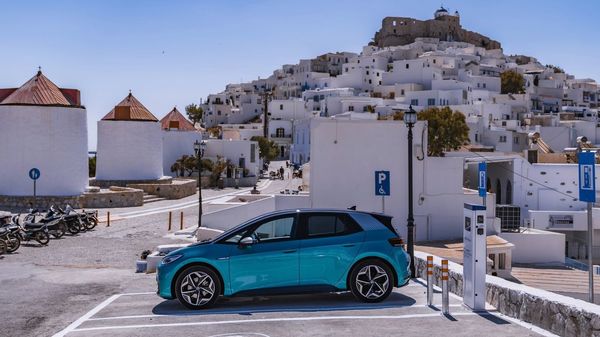

Scarcity of EV charging stations
Finding an EV charging station in a majority of cities in India is a Herculean task, even in big cities too. This should be addressed on priority. Rahul Sharma, founder, Revolt Motors believes that the charging infrastructure and dearth of high power output for fast charging in the country is one area that needs work.
According to Nimish Trivedi, co-founder and CEO of Prakriti E-Mobility Pvt. Ltd., there should be one charging station every 3-4 kilometres. "The number of charging stations has to grow exponentially if it has to keep pace with the market. However, the biggest challenge lies with the electricity producers and distributors that need to keep up with the growing demand for electric vehicles in India," he further said.
Chandresh Sethia, co-founder at EVRE echoed the same. “Unfortunately, while EVs are on the rise, charging infrastructure is not growing at the same rate particularly pertaining to fleets (2W & 3W). To meet the demand of charging infrastructure for 4-5 million 2W & 3W EVs, India needs about 100,000 charging points with a ratio of 1:50. The government should incentivize this sector in order to keep pace with the growth of EVs," Sethia said.
Jeetender Sharma, MD and founder of Okinawa Autotech too echoed the same. He accepts that the EV market in India has grown significantly, but now their supporting charging infrastructure. “Currently, charging stations are not expanding at the same rate as the demand for electric vehicles. However, it is definitely expected to pick up pace in the next two years," he said.
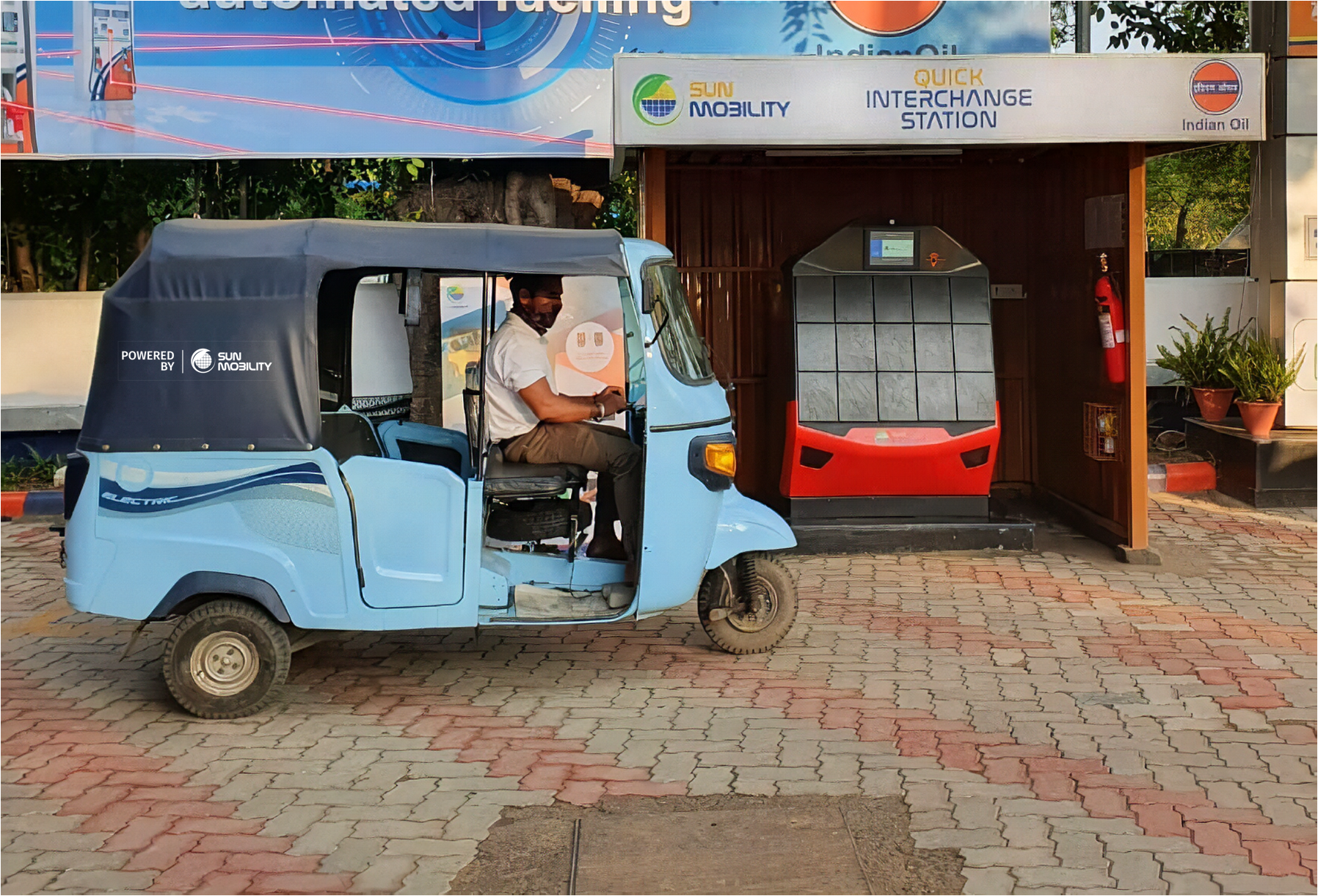

Battery swapping could be a potential solution
Current fast charging technology support 100% charging in around 3-4 hours. For a consumer, it is still inconvenient to stop that long for charging. The downtime becomes highly critical for the three-wheeler EVs operating in passenger and logistics segments.
Fuel cell technology can resolve this downtime issue. With this, an EV can be charged 100% in 5 minutes. But, that is an expensive affair.
In that case, battery swapping facilities can prove to be an affordable solution with minimum downtime. With the majority of auto companies looking at expanding their EV options, there will be a steady demand for supporting infrastructure. The ‘park and charge’ infrastructure will be crucial for the higher rate of EV adoption. Battery swapping technology can be a viable business model in this case.
Naveen Munjal, MD of Hero Electric believes that e2W owners don't feel anxious about their batteries as they don't use the vehicle to commute very long distances.
Vikram Gulati, country head and Senior Vice President, Toyota Kirloskar Motor, believes in two and three-wheeler segments, introducing battery swapping technology and offering EVs with detachable batteries is a viable solution. “However, in the case of four-wheelers, these solutions are not practical since they have large-sized batteries. Therefore, the necessity of ubiquitous charging infrastructure arises," he further added. Gulati also said that the requirement for ubiquitous infrastructure has been seen globally and it’s no different in the case of India.
Jeetender Sharma too echoed the same. He believes that the concept of detachable batteries will prove to be critical in establishing customer trust and ease of use.








 64kWh
64kWh 350 km
350 km
